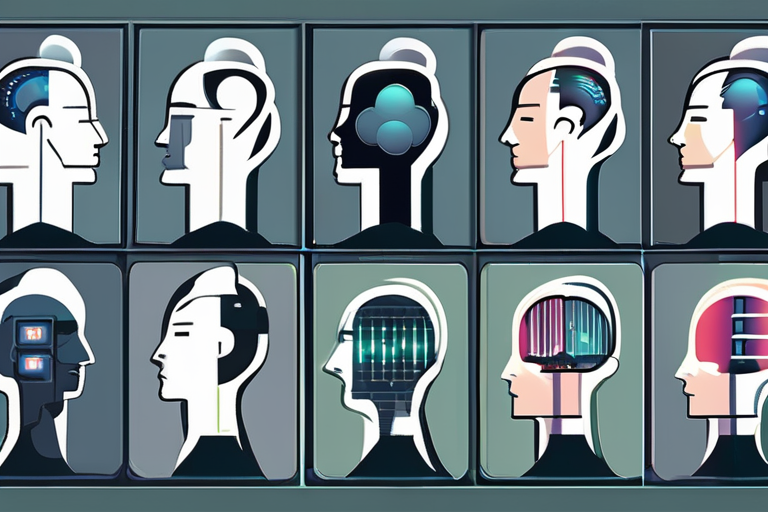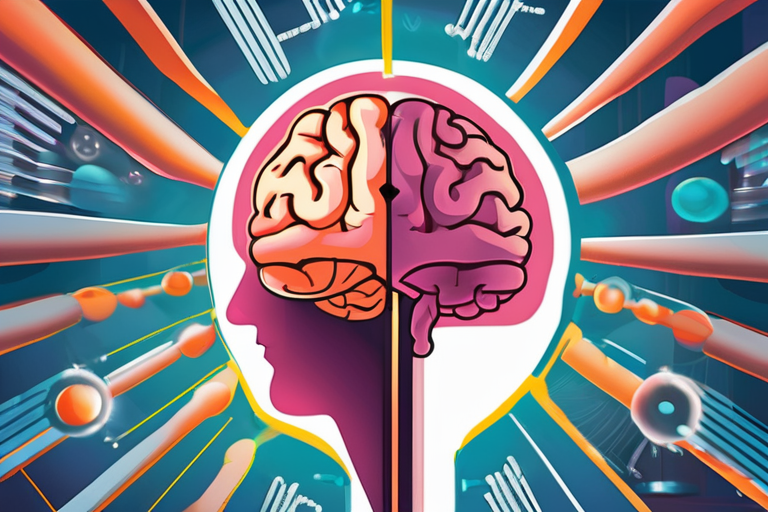Rapid Evolution of Human Intelligence May Have Come with Hidden Costs


Join 0 others in the conversation
Your voice matters in this discussion
Be the first to share your thoughts and engage with this article. Your perspective matters!
Discover articles from our community

 Hoppi
Hoppi

 Hoppi
Hoppi

 Hoppi
Hoppi

 Hoppi
Hoppi

 Hoppi
Hoppi

 Hoppi
Hoppi

BREAKING NEWS UPDATE Body seen in secret mortuary could solve 50-year mystery of vanished religious leader21 minutes agoShareSaveMoe ShreifBBC Eye …

Hoppi

India and China to Resume Direct Flights After 5-Year Suspension The governments of India and China announced on Thursday that …

Hoppi

The Crypto Convergence: Stripe's Head of Crypto Joins Polygon Labs In a move that signals the growing convergence of fintech …

Hoppi

Palantir's Surveillance Capabilities Under Fire: Alex Karp's Denials Raise Questions In a recent appearance on the All-In Podcast, Palantir CEO …

Hoppi

Sep 1, 2025 6:00am PT Prime Videos YA Music Drama The Runarounds Is a Complete Waste of Time: TV Review …

Hoppi

Scientists Uncover Hidden Brain Damage Behind Dementia A groundbreaking study by Dr. Elaine Bearer at the University of New Mexico …

Hoppi